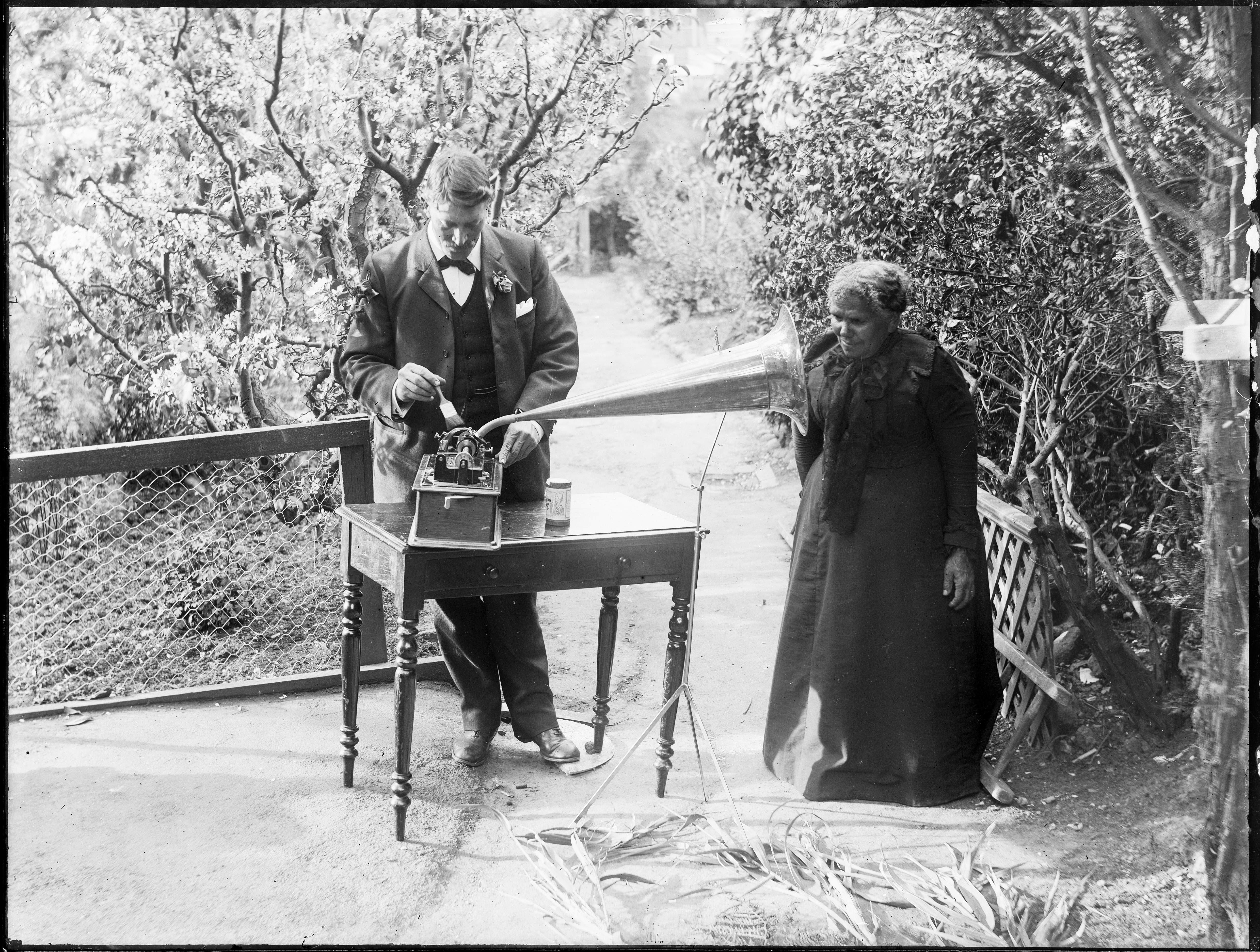Smith, Fanny Cochrane (1834-1905), was regarded at the time of her death as possibly the last Aboriginal person of Tasmania, Australia. Today, however, most people do not refer to anyone as the last Aboriginal Tasmanian. The culture and identity of the Aboriginal peoples of Tasmania survived on the islands of Bass Strait among a community descended from Tasmanian Aboriginal women and European sealers. The Aboriginal Tasmanian identity has been preserved to the present day.

Fanny Cochrane, born in December 1834, was one of the few Aboriginal children born at the Wybalenna settlement on Flinders Island. Her people, numbering about 200, were virtually imprisoned at Wybalenna, and many died of lung disease, poor food, despair, and homesickness. Her mother was Tanganooturra of the North-East tribe, but her father’s identity is unclear. At one time, it was believed that a sealer named John Smith was her father. However, some research suggests that Nicermenic, from Robbins Island in northwest Tasmania, fathered her.
In 1847, the Tasmanian government transferred Fanny and the remaining 46 Aboriginal survivors to the damp and unhealthy Oyster Cove settlement. Fanny left Oyster Cove in 1854 when she married William Smith, a local sawyer. They ran a boarding house in Hobart until 1858, then moved to the Nicholls Rivulet area, near Cygnet. There, the Tasmanian government awarded Fanny a land grant in recognition of her rights as an Indigenous Tasmanian. The couple raised 11 children, and Fanny became well known and respected in the Australian settler community. She was a firm Methodist, an excellent cook and hostess, and a fine singer. Fanny never gave up her Aboriginal identity and culture. She was recorded in 1899 and 1903 singing the songs of her people, learned while she was a child. She died on Feb. 24, 1905, in Cygnet. Fanny outlived Truganini, another woman who has been called the last Aboriginal Tasmanian, by 29 years. See Truganini .
See also Lanne, William ; Tasmania .
